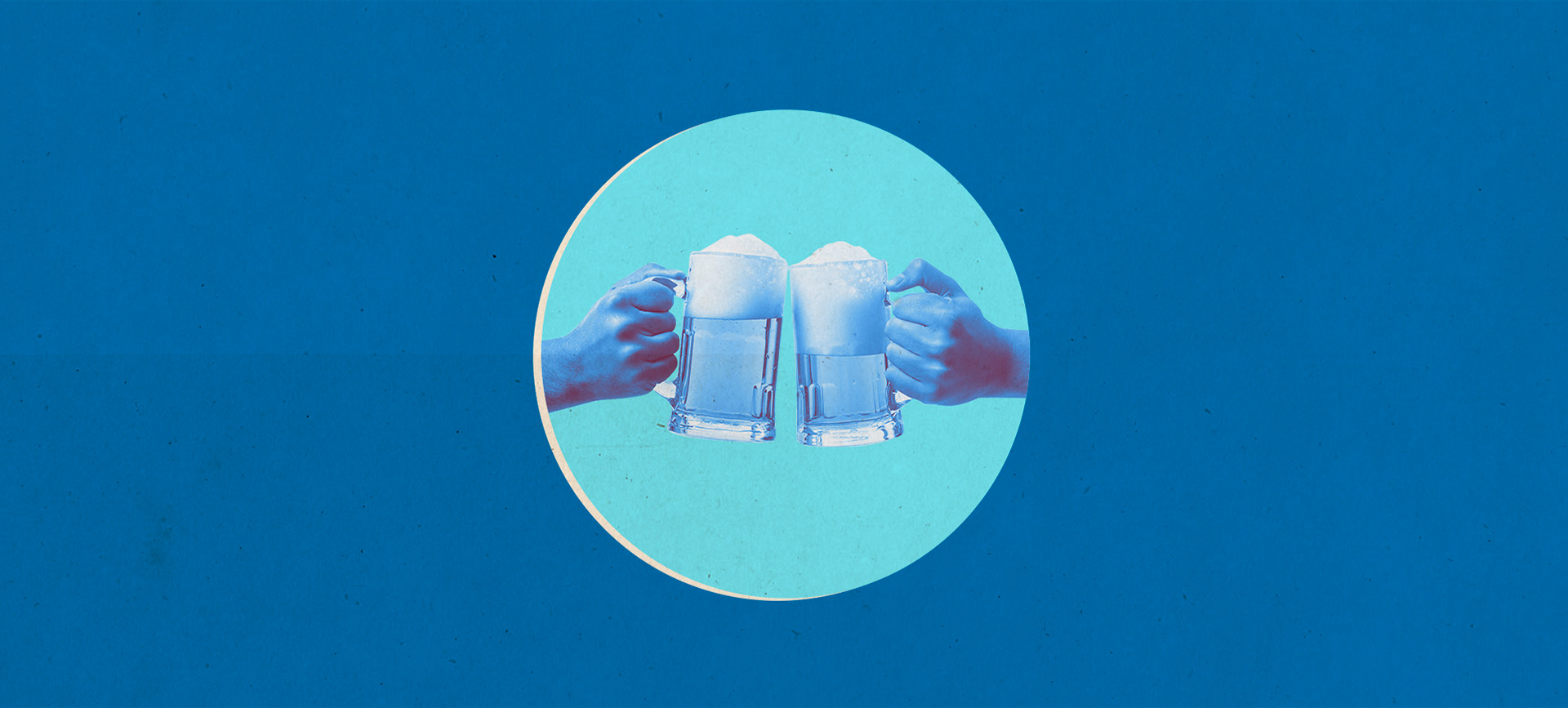During this office visit, my doctor ran us through a bunch of numbers and treatment options. I processed less than 25 percent of the information because thoughts of my personal mortality flooded my brain. I then made the mistake of going online at home to "learn" as much as I could about prostate cancer.
My background as a journalist kicked in. I wanted to learn everything from survival rates to how to find the best surgeon. A few hours of "education" from web sources—they were of various levels of expertise and credibility—led me to conclude my case was terminal. I found story after story about men who had what I thought were better numbers than mine but had died. Only afterward did I realize you should only trust information from credentialed sources.
I convinced myself I needed to keep this negative assumption to myself and not share it with my wife, our two adult daughters, other family members or friends. At least, not yet. I did not want them weighed down by news they could do nothing to change.
It was a mistake not to be open with the people around me who were there to offer love and support.
That first weekend alone with what I thought was a cancer death sentence was difficult. Too often, men put up walls of invincibility when it comes to health issues. In the following weeks, during meetings with potential surgeons, I became aware that my initial gloom was not fully warranted. It was important to come to these meetings with plenty of questions and a willingness to listen.










